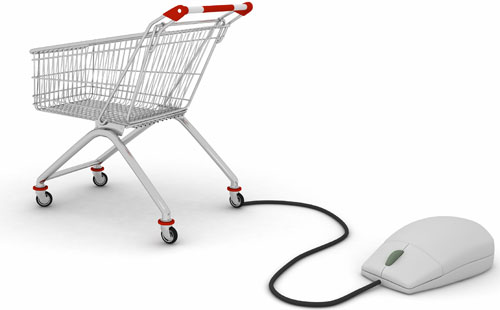
The Internet economy in SA was worth R51bn/year in 2010 and will swell to R103bn by 2016, representing 2,5% of projected gross domestic product, a new research report has found.
The report, by the Boston Consulting Group, a management consulting firm, is a comprehensive study of the impact of the Internet across G20 countries. It found that by 2016, the size of the Internet economy in G20 countries will grow to US$4,2 trillion, equivalent to 5,3% of GDP, up from $2,3 trillion and 4,1% respectively in 2010.
“SA’s Internet economy growth rate of 12,6% compares to an average of 17,8% in the other developing economies,” the report says. “Projected growth rates elsewhere are 24,3% in Argentina, 18,3% in Russia and 15,6% in Mexico.”
In 2010, developed markets contributed 76% to the G20’s Internet economy; by 2016, that will fall to 66%.
Internet retail sales contributed just 1,2% of total retail sales in 2010, and this will grow marginally to 1,5% by 2016, according to Boston Consulting Group. The Internet influences only an additional 1,2% of total retail from connected consumers researching online and purchasing offline. This compares poorly to other emerging markets such as Brazil (4%), Russia (4,8%). In the US, online sales contribute 5% to overall retail sales and online research a further 9,6%.
As part of the survey, Boston Consulting Group asked South Africans how much they would have to be paid to live without Internet access. The average answer was nearly R10 000/year, or three times more than they pay for access and services. When asked if they would forgo showering for a year in order to keep Internet access, 13% of SA online consumers said they would; 74% said they would forgo chocolate; 63% coffee; and 77% would give up alcohol.
Boston Consulting Group estimated the value of the Internet economy in G20 countries using the expenditure approach to GDP measurement. It covered four elements: consumption (both goods sold online and the costs of getting online), investment, government spending, and net exports. It used the “loss-aversion” approach to measure the value of the Internet to consumers. It surveyed 9 710 Internet users in 13 countries.
More on the report is available here. — Staff reporter, TechCentral
- Subscribe to our free daily newsletter
- Follow us on Twitter or on Google+ or on Facebook
- Visit our sister website, SportsCentral (still in beta)




